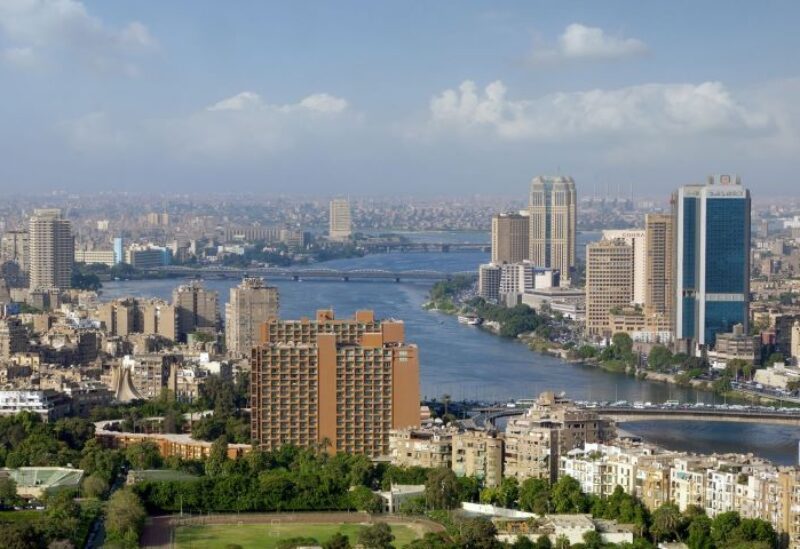
Egypt
Moody’s, the credit rating agency, affirmed the long-term foreign and local currency issuance ratings for Egypt at B2 and maintained a stable outlook for the Arab world’s most populous nation.
It also affirmed Cairo’s foreign currency senior unsecured ratings at B2.
Continued exposure to susceptible financing conditions driven by weak debt affordability and high gross borrowing requirements, balanced against improving shock resilience evidenced during the pandemic as a result of the government’s track record of economic and fiscal reform implementation are the basis for Moody’s latest assessment of Egypt’s issuer ratings.
Moody’s also left Egypt’s local currency ceiling unchanged at Ba2 but raised its foreign currency ceiling to Ba3 from B1 previously.
While acknowledging a higher rating for local currency, which is three notches above the country’s sovereign rating, Moody’s took into account the country’s bloated public sector.
“The public sector’s large footprint in the economy that stifles private sector development and credit allocation is mitigated by the growing implementation of structural competitiveness reforms,” the agency said.
Moody’s also warned of Cairo’s vulnerability to potential liquidity and external financing shocks as a result of the pandemic and volatile external liquidity conditions.
Egypt’s debt affordability remains “very weak” and susceptible to “a sharp rise” in financing costs, it said.
“Its external position remains sensitive to bouts of capital outflows. The renewed build-up of foreign exchange reserves provides a buffer against sharp capital flow reversals, but vulnerabilities persist,” Moody’s said.
“The government’s flexible crisis response has sustained growth during the pandemic despite the sharp contraction in the tourism industry which accounted for about 10 per cent of GDP in 2019, supported by continued public investment and strong remittance inflows,” the agency noted.
The country’s exposure to funding shocks is further exacerbated by its high gross borrowing requirements at around 35 per cent of gross domestic product for the fiscal year 2021-22.
The Egyptian economy has fared better than other Mena economies despite last year’s coronavirus-induced headwinds. It is the only country in the region whose economy grew in 2020, the World Bank said.
Africa’s second-largest economy is expected to expand by 2.8 per cent in the fiscal year ending June 30, 2021, and accelerate by 5.2 per cent during the 2021 to 2022 financial year, the International Monetary Fund reported.
In June, the fund completed its final review of Egypt’s reform programme, allowing authorities to draw $1.7 billion in funding to bring the total financing under a 12-month standby arrangement to $5.4bn.
The money will help the country to continue its reforms and support its economy, which still faces pandemic-related uncertainty, the fund said in a statement at the time.